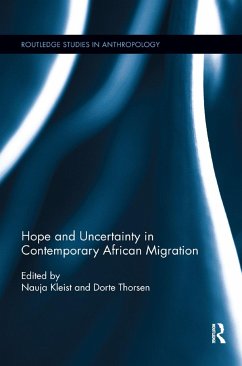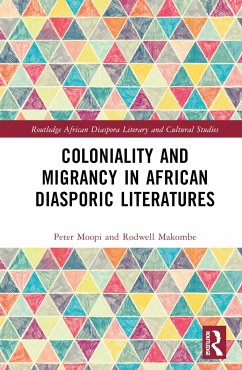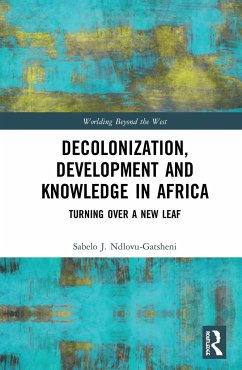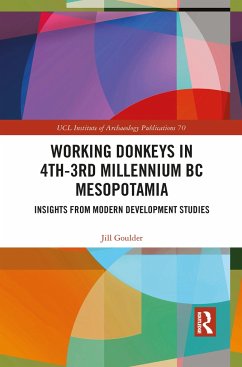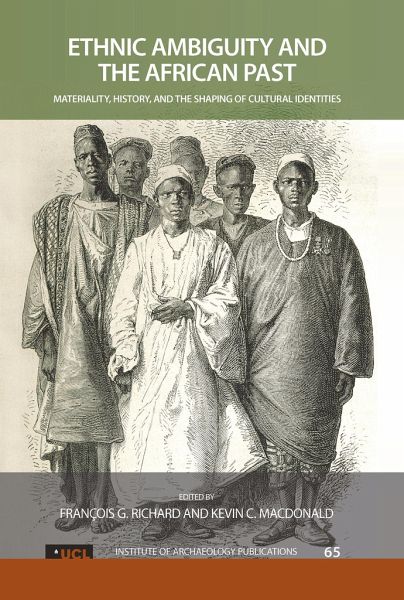
Ethnic Ambiguity and the African Past
Materiality, History, and the Shaping of Cultural Identities
Herausgegeben: Richard, Francois G; MacDonald, Kevin C

PAYBACK Punkte
21 °P sammeln!
The collective inquiries in this volume address ethnicity in ancient Africa as social fact and political artifact along numerous dimensions. Is ethnicity a useful analytic? What can archaeology say about the kinds of deeper time questions which scholars have asked of identities in Africa? Eleven authors engage with contemporary anthropological, historical and archaeological perspectives to examine how ideas of self-understanding, belonging, and difference in Africa were made and unmade. They examine how these intersect with other salient domains of social experience: states, landscapes, discou...
The collective inquiries in this volume address ethnicity in ancient Africa as social fact and political artifact along numerous dimensions. Is ethnicity a useful analytic? What can archaeology say about the kinds of deeper time questions which scholars have asked of identities in Africa? Eleven authors engage with contemporary anthropological, historical and archaeological perspectives to examine how ideas of self-understanding, belonging, and difference in Africa were made and unmade. They examine how these intersect with other salient domains of social experience: states, landscapes, discourses, memory, technology, politics, and power. The various chapters cover broad geographic and temporal ground, following an arc across Senegal, Mali, Nigeria, Cameroon, the Democratic Republic of Congo, Rwanda, and East Africa, spanning from prehistory to the colonial period.









